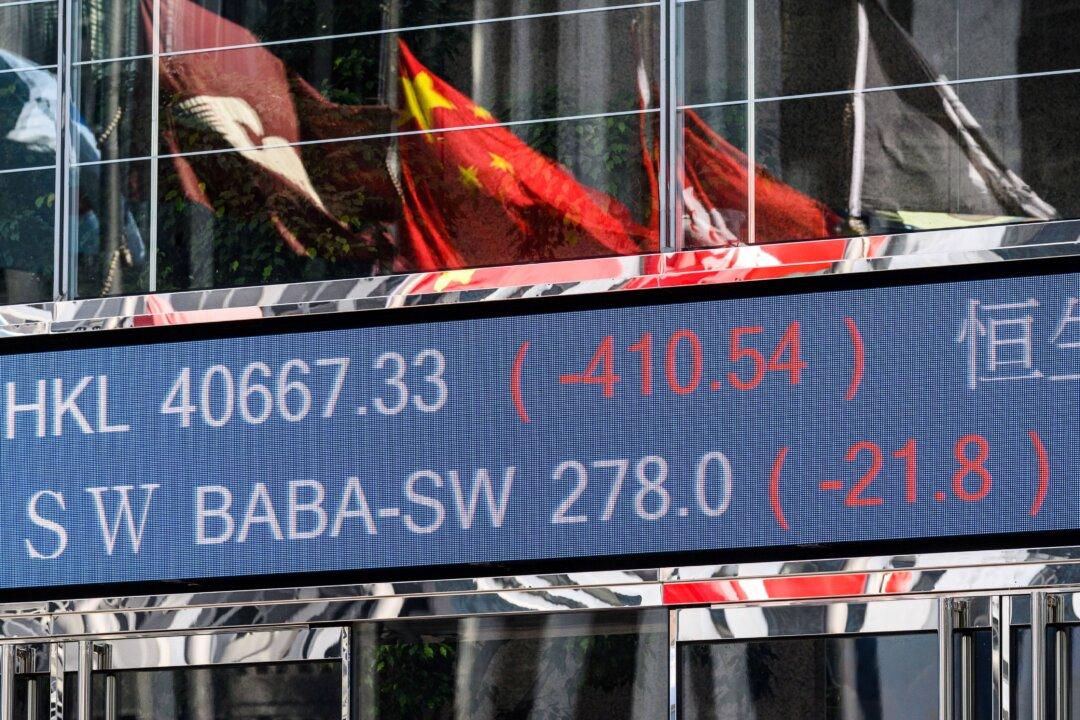Chinese Vice Premier Liu He announced this week that Beijing would stand by private enterprises. But experts say the Chinese regime is merely trying to “appease” the people and raise public confidence amid recent regulatory crackdowns on domestic businesses.
On Sept. 6, Liu addressed a forum via video and stated, “Guidelines and policies for supporting the private economy have not changed ... and will not change in the future,” according to state-run media Xinhua. The head of the market regulator later repeated Beijing’s promise.




